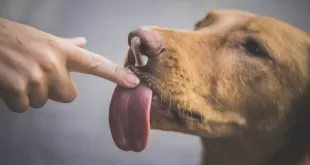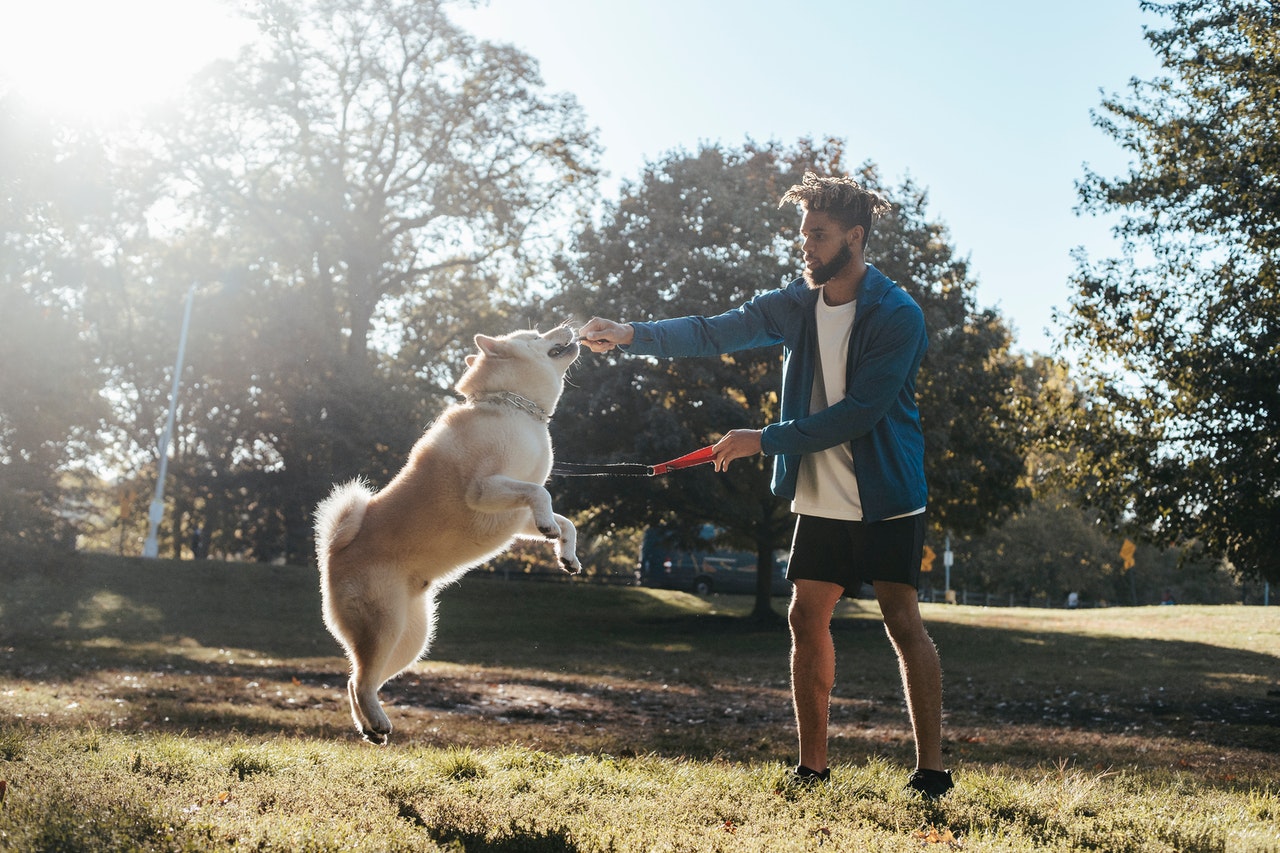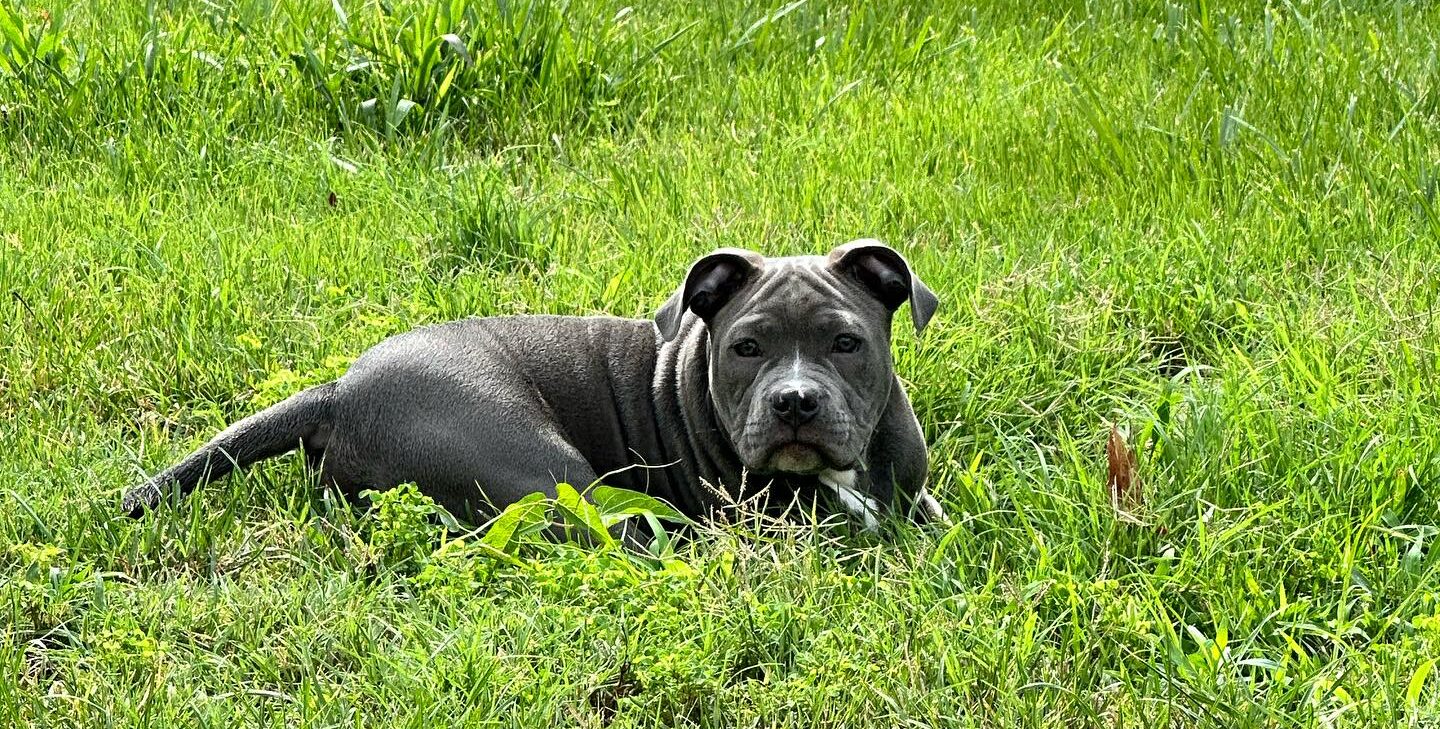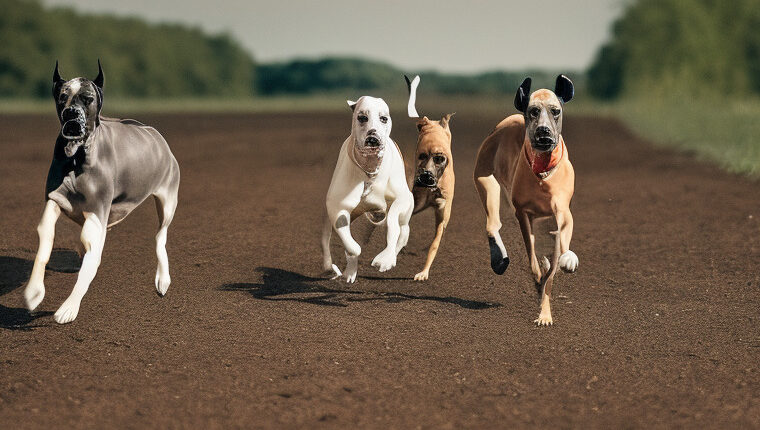Last Updated on February 19, 2023
A friend was narrating a story about her dog to me. Once, she found that her dog was staggering out of a sudden. Indeed, the dog started acting as if he was intoxicated, and it was really acting drunk and wobbly. Being concerned owners, my friend called and asked me about her dog’s condition.
My Dog Is Acting Drunk And Wobbly
 Indeed, if your dog is acting drunk and wobbly, it is still not exactly that conclusive enough to diagnose a problem.
Indeed, if your dog is acting drunk and wobbly, it is still not exactly that conclusive enough to diagnose a problem.
Here are some of the common reasons why your dog might be acting all drunk and wobbly.
Intoxication
One of the most common reasons why a dog may be acting drunk and wobbly is due to intoxication. Dogs can become intoxicated by accidentally ingesting substances that are toxic to their bodies, such as alcohol, medications, chemicals, or even certain foods. The symptoms of intoxication in dogs may include unsteady gait, confusion, lethargy, vomiting, and loss of consciousness. If you suspect your dog has been exposed to a toxic substance, it is critical to seek immediate veterinary care as some toxins can be life-threatening.
Neurological Disorders
Various neurological disorders can also cause a dog to appear drunk and wobbly. For instance, a brain tumor, a stroke, or a seizure can affect the dog’s motor function and coordination, leading to symptoms such as loss of balance, tremors, and disorientation. These conditions are typically severe and require prompt medical attention to prevent further damage or complications.
Hypoglycemia
Hypoglycemia is a medical condition characterized by abnormally low blood sugar levels. Dogs that are hypoglycemic may exhibit symptoms such as lethargy, weakness, confusion, tremors, and unsteady gait. Small dog breeds and puppies are particularly susceptible to hypoglycemia, as their bodies have a harder time regulating blood sugar levels. Treatment for hypoglycemia may involve administering glucose or other supportive measures to stabilize the dog’s blood sugar levels.
Ear Infections
Ear infections can cause a dog to feel dizzy and off-balance, which may manifest as a drunken gait or stumbling. Other symptoms of an ear infection in dogs may include head shaking, ear scratching, foul odor, discharge, and redness. Ear infections are typically treated with antibiotics, and it is crucial to follow the veterinarian’s instructions to ensure complete recovery and prevent recurrence.
Arthritis
Arthritis is a common condition in older dogs, characterized by joint inflammation and pain. Dogs with arthritis may have difficulty moving or standing, which can cause them to appear unsteady or wobbly. Other signs of arthritis may include stiffness, lethargy, and reluctance to play or go for walks. Arthritis can be managed with various treatment options, such as pain medication, weight management, physical therapy, and joint supplements.
However, if your dog continues to exhibit other symptoms such as vomiting or excessive twitching of their eye, then it will warrant an emergency visit to the vet. There are cases of the dogs crocking their head to the side at times, and they fall off as a consequence of the difference in the center of gravity too. All of these are negative signs and you should really be worried about your dog.
More often than not, if your dog did exhibit the above symptoms, then it is a clear case of your dog suffering from Vestibular Disorder. What is Vestibular Disorder then?
Vestibular Disease
Vestibular disease is a condition that affects the dog’s vestibular system, which is responsible for maintaining balance and spatial orientation. The symptoms of vestibular disease may include head tilt, uncoordinated movement, difficulty walking or standing, eye twitching, and rapid eye movements. This condition is not life-threatening, but it can be quite distressing for the dog and may require supportive care, such as anti-nausea medications or physical therapy.
Vestibular Disorder can be loosely thought of as a condition where the nerve in the ear gets irritated. Once this happens, it will cause problems in the dog itself. You can consider this to be pretty similar as to when humans get vertigo.
What Should You Do To Help Your Dog
Is there anything that you should do, apart from bringing your dog to the vet? Yes actually. First of all, you should always ensure that your dog is well-hydrated at all times. Also, ensure that you clean your dog’s ears whenever you can. One of the major reasons why your dog could be suffering from Vestibular Disorder is simply because you did not clear the dog’s ear wax!
So lesson learnt: always clean your dog’s ears!
Conclusion
In summary, there are several reasons why a dog may be acting drunk and wobbly, some of which are benign, and others are more serious. If you notice any concerning symptoms in your dog, such as loss of consciousness, seizures, or difficulty breathing, seek immediate veterinary attention. Early diagnosis and treatment can make a significant difference in your dog’s health!
 Dog N Treats All dogs deserve to be pampered
Dog N Treats All dogs deserve to be pampered



